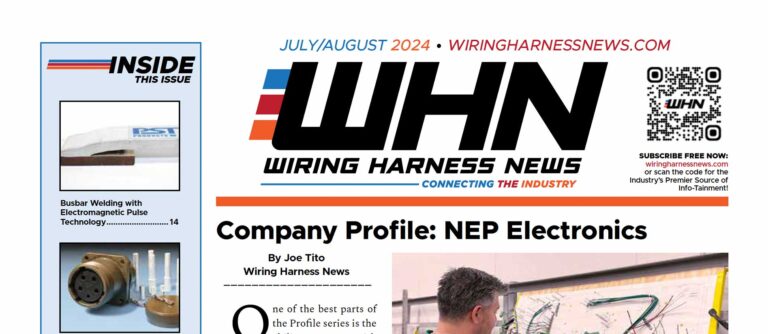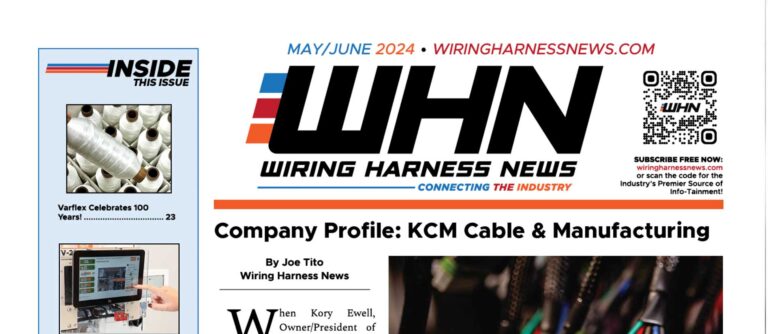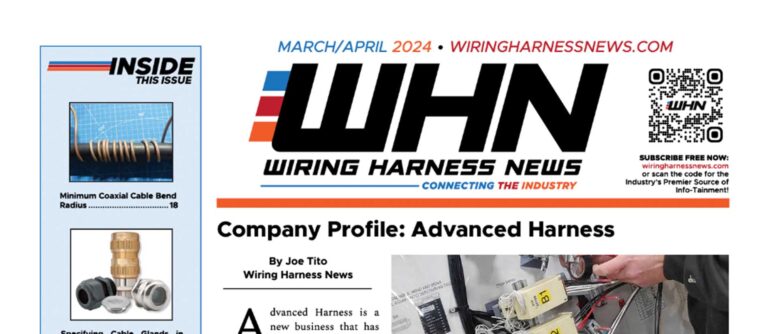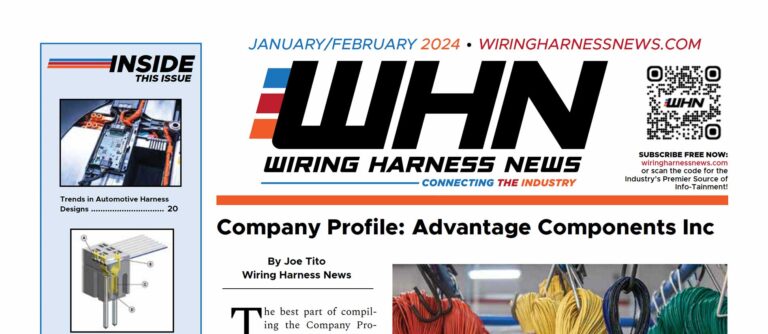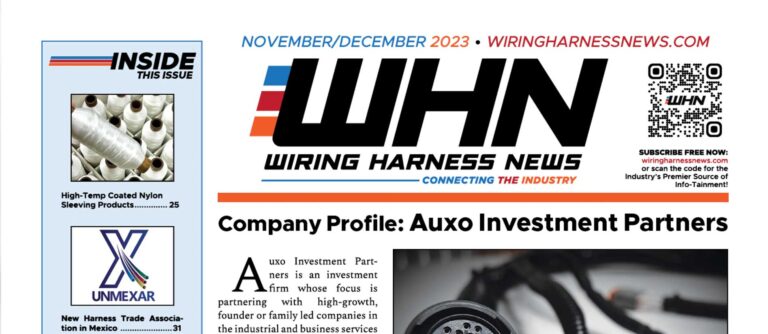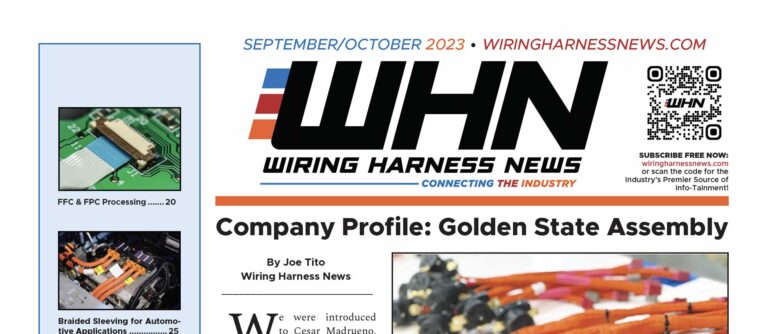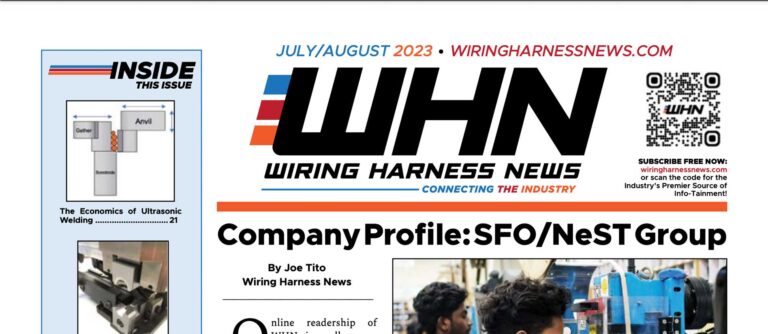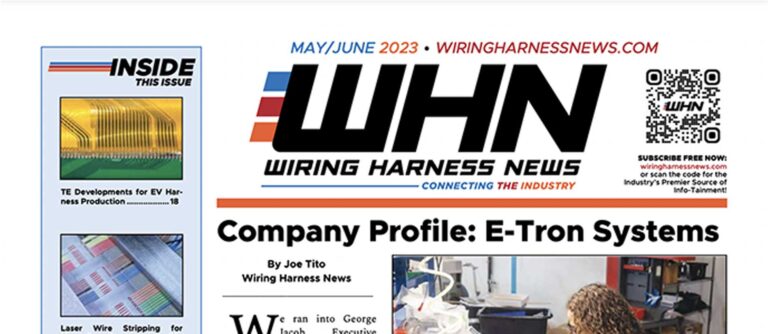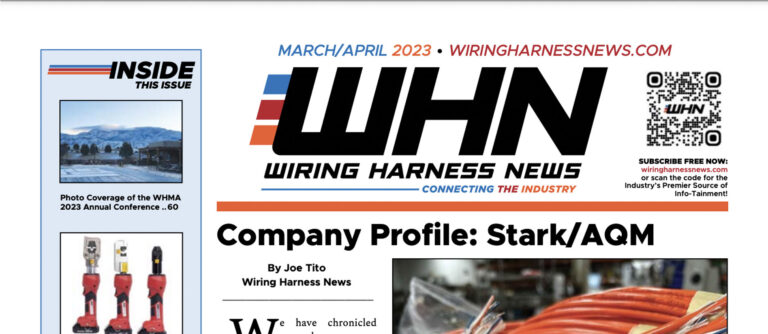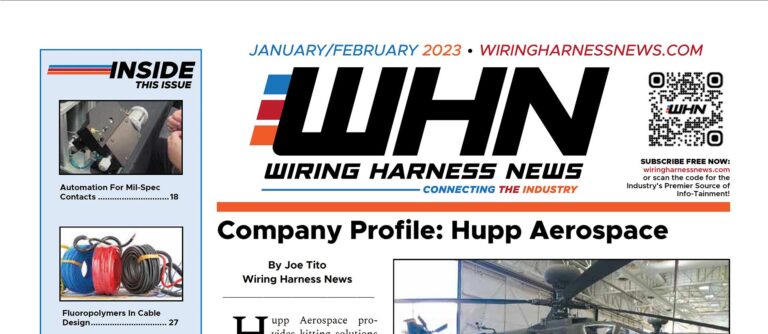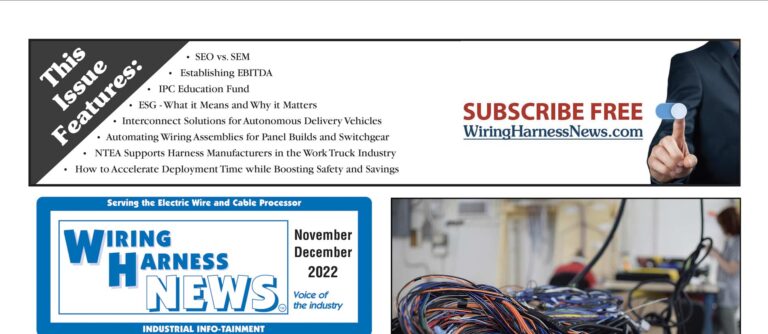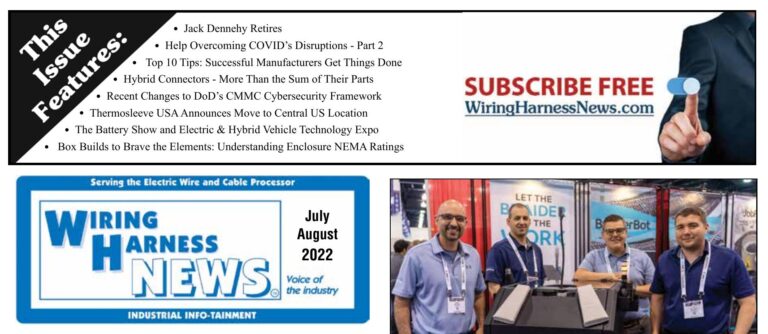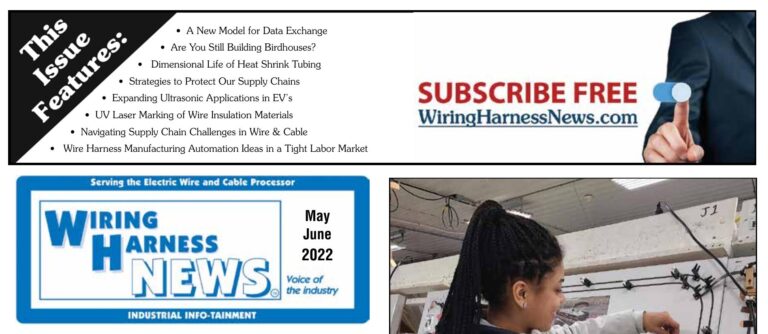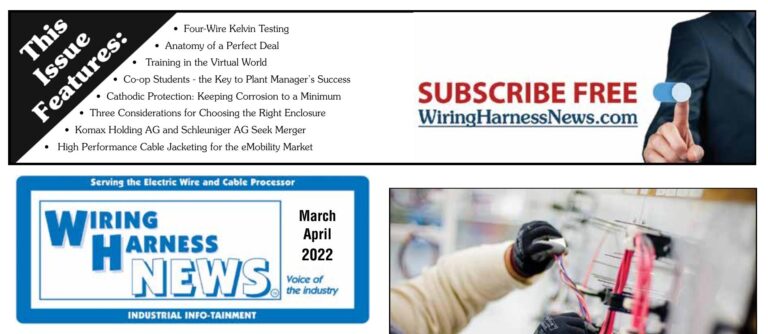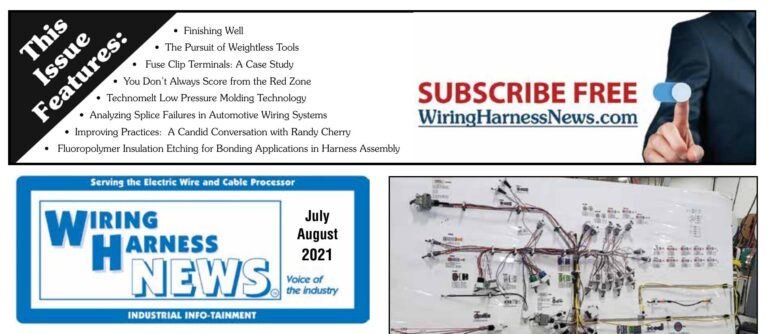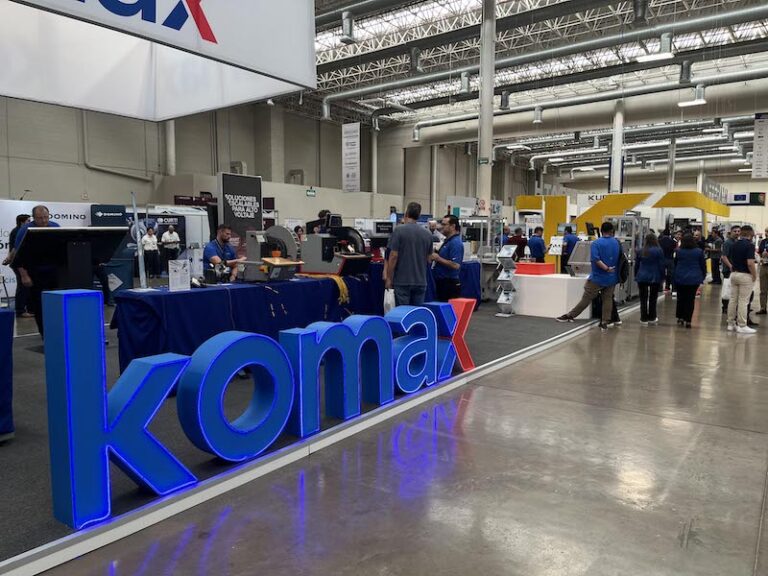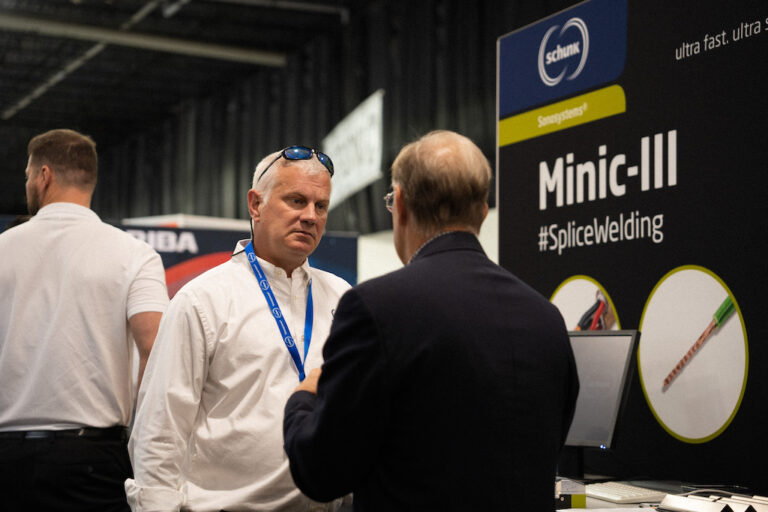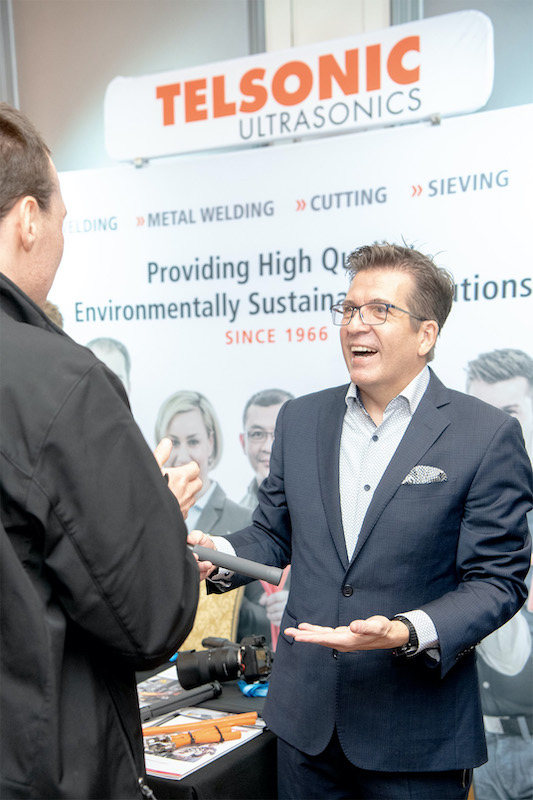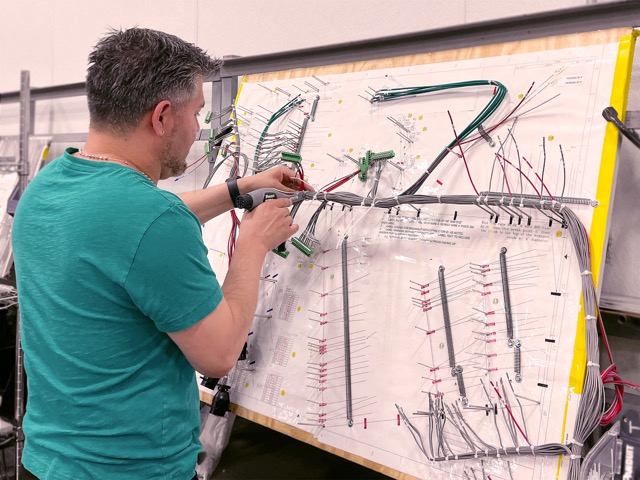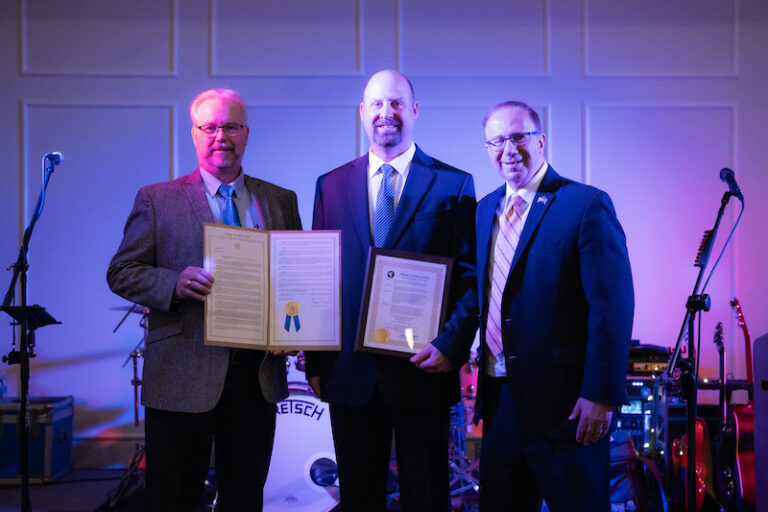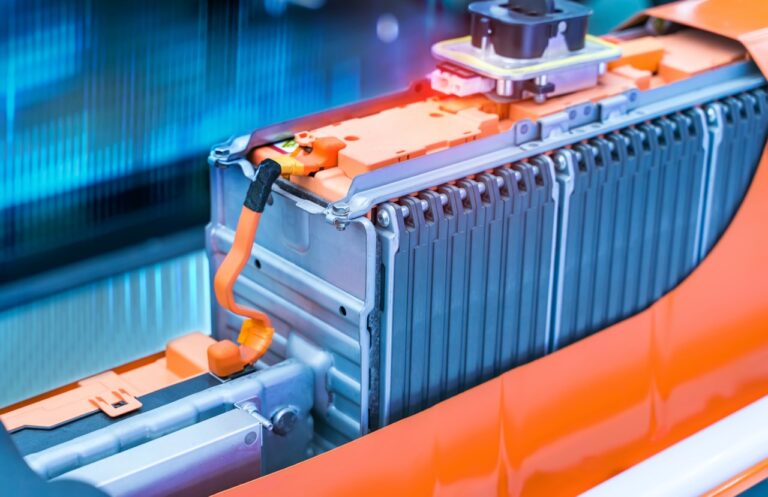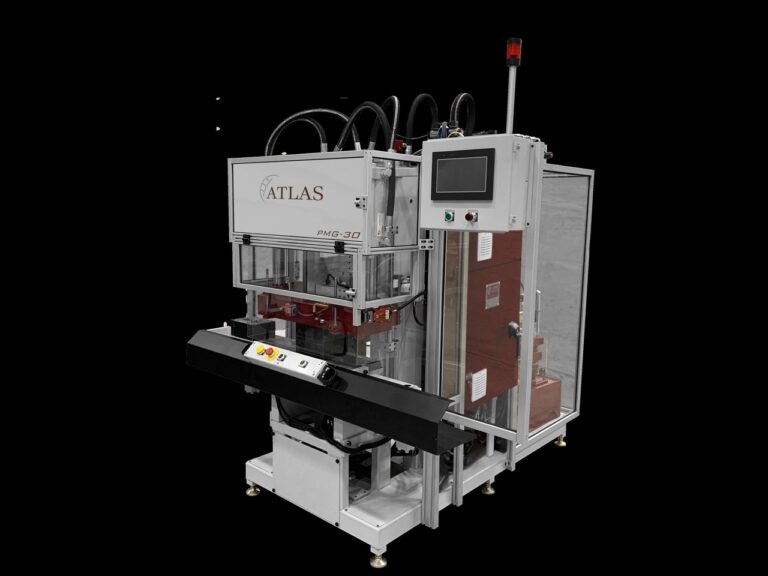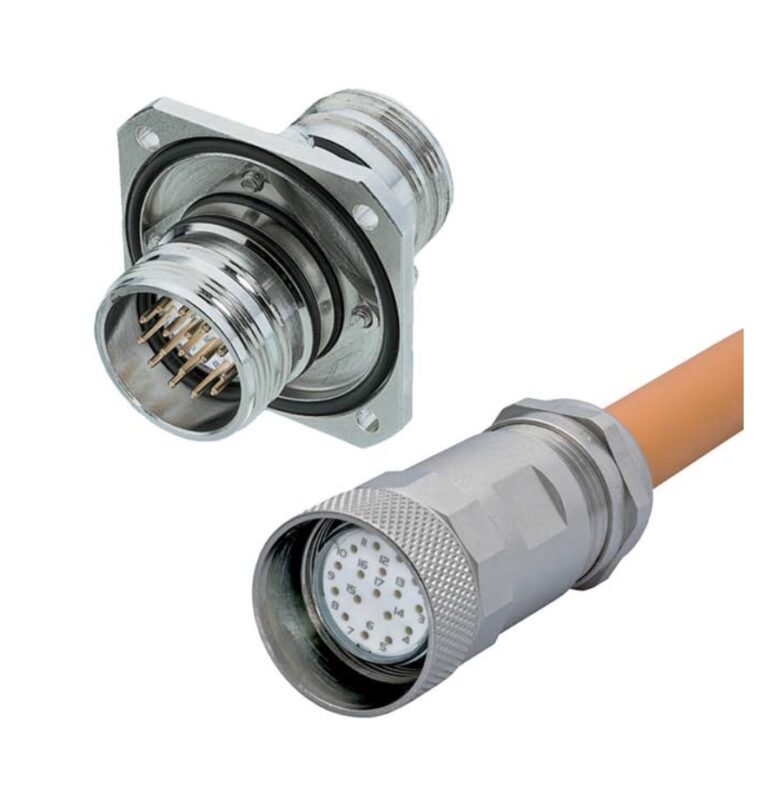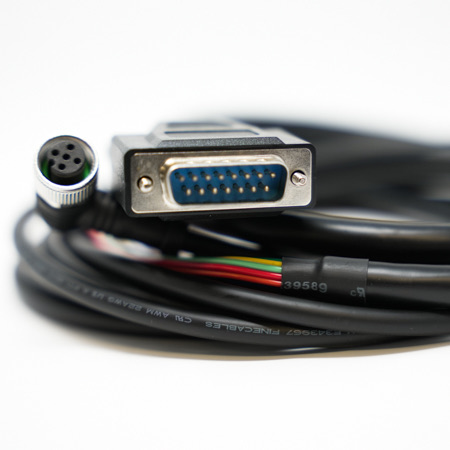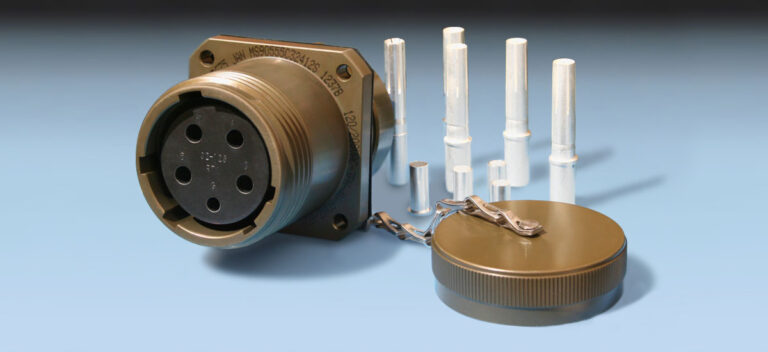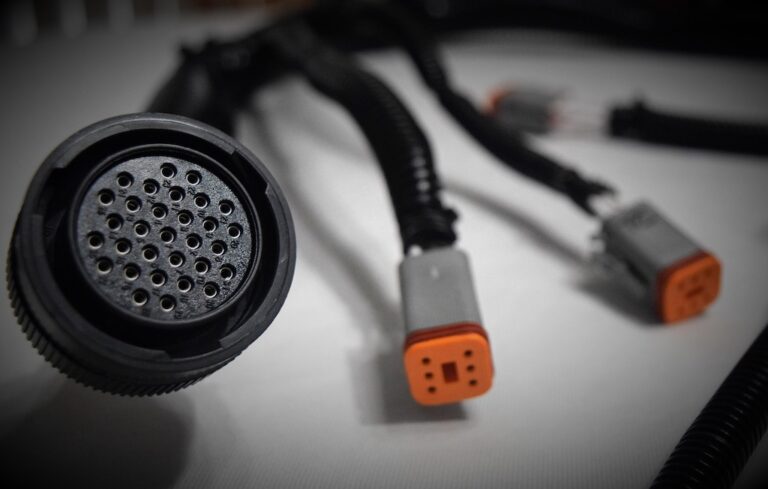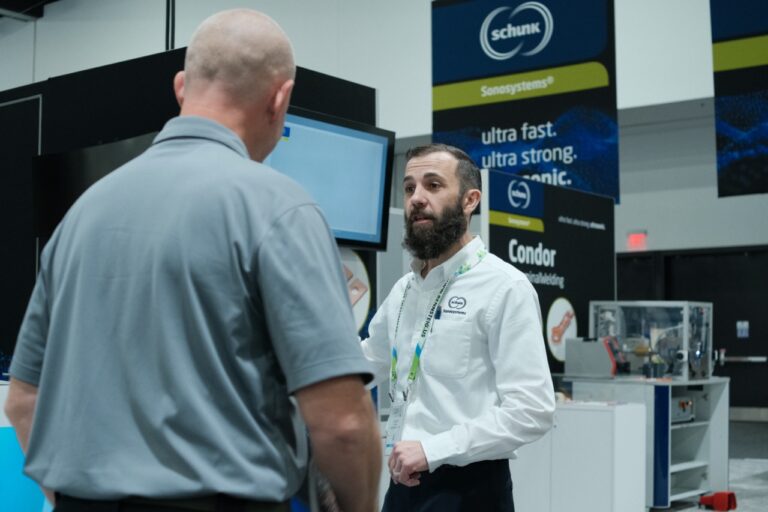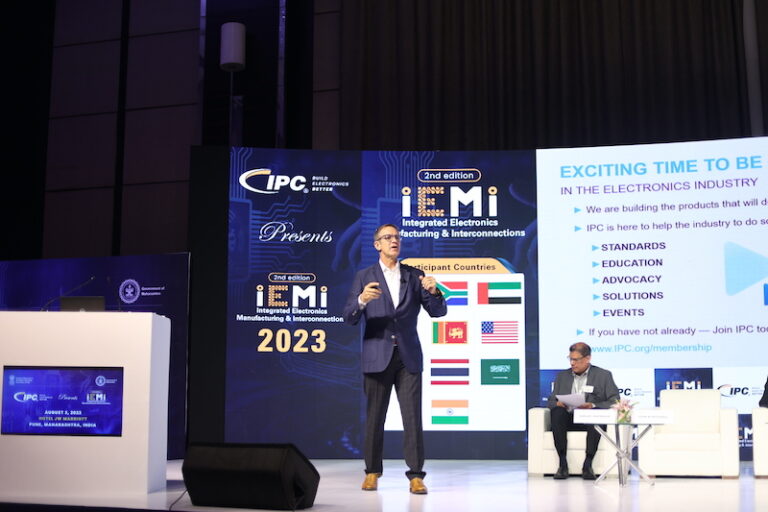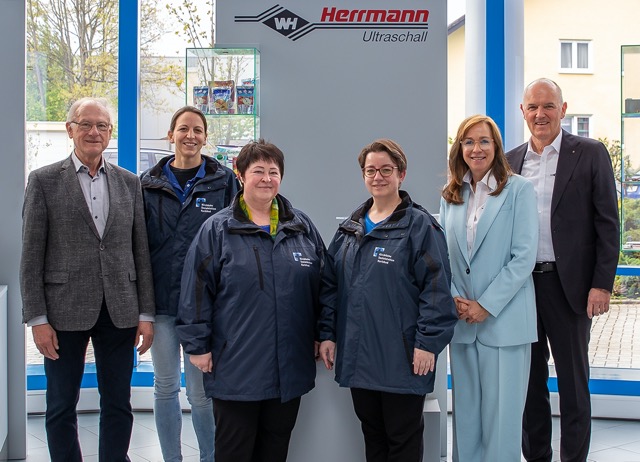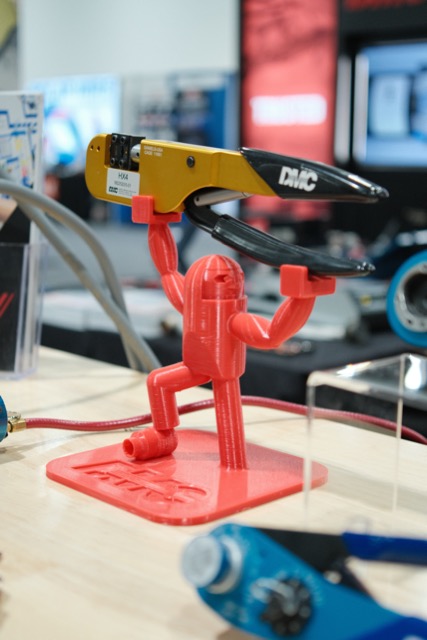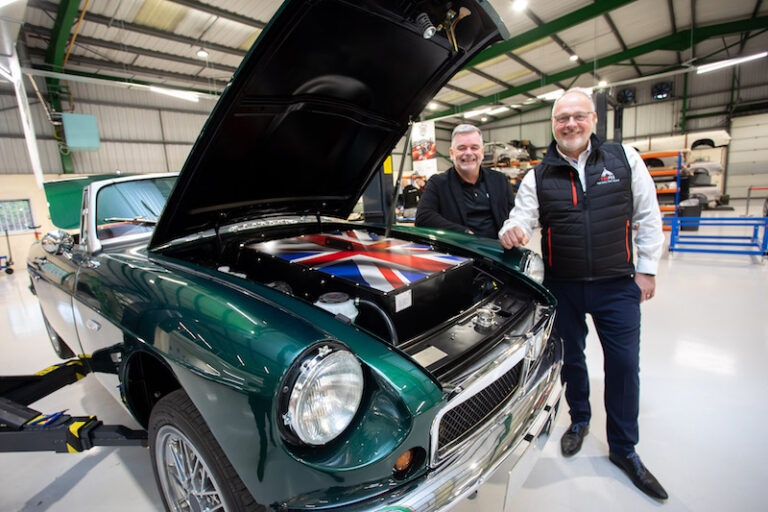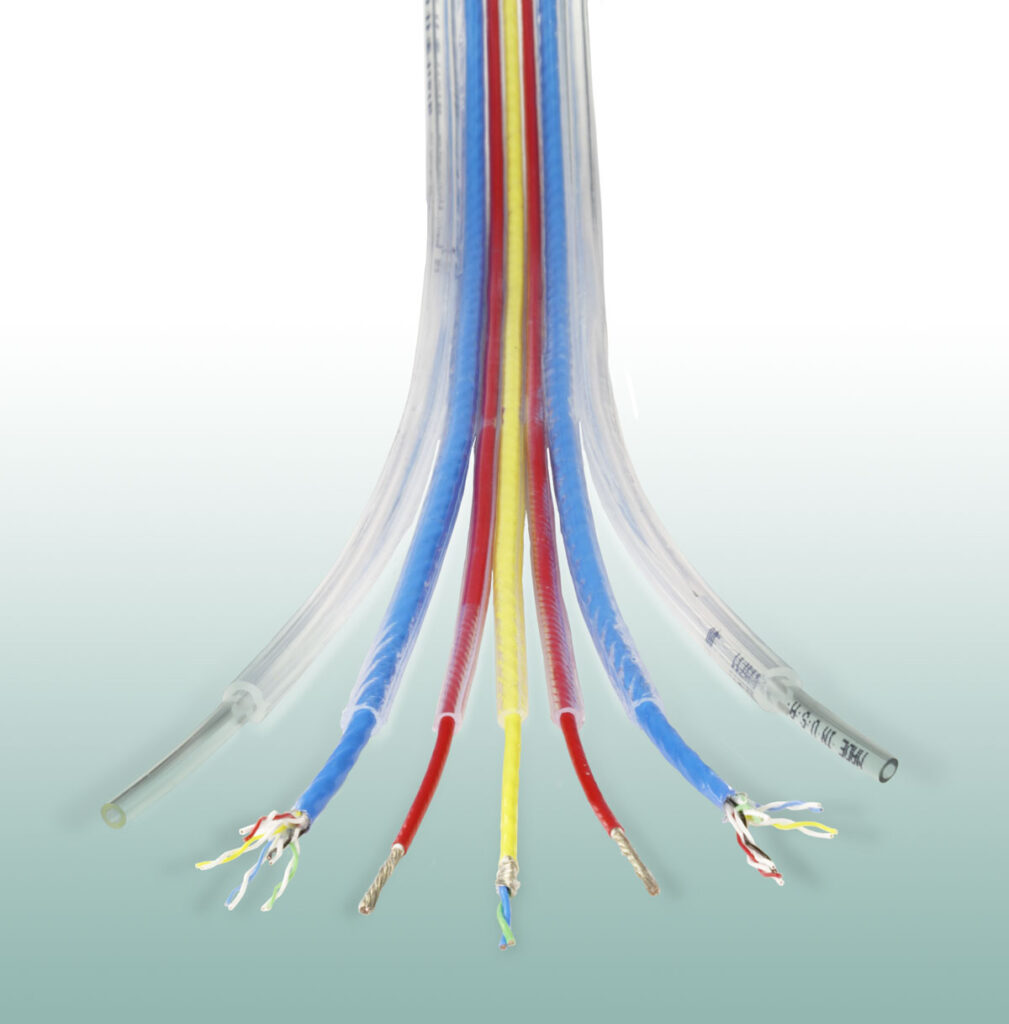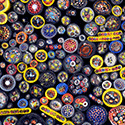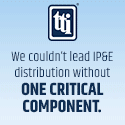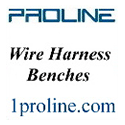Could Grease Be the Answer to Reducing Electrical Connection Failures?
By Brian Kinkade, Nye Lubricants
According to the Bureau of Labor Statistics, musculoskeletal disorders caused by repetitive motion account for 31 percent of all workplace injuries. These injuries not only cause serious health problems, but also cost employers billions of dollars in workers compensation. If you assemble large wire harnesses, you know that mating connectors can often require a great deal of insertion force. Over time, after mating hundreds or even thousands of connectors, great strain is put on the body, which can lead to muscoskeletal disorders, such as carpal tunnel.
The number of electrical connectors and circuits in devices such as cars, planes, industrial machinery, trucks, and boats, is continuously growing. With these advancements comes more complicated wire harness assemblies that include more connectors and more potential points for failure. How can designers address these issues while at the same time looking out for the wellbeing of those who manufacture wire harness assemblies? The answer is simple—contact lubrication.
Ease Mating
Have you ever tried to slide down a dry slip-and-slide? If so, you probably did not get very far, and the friction might have even burned your skin. Inserting an unlubricated connector is not all that different. Just as it takes more force to slide down a dry slip-and-slide, it also requires more force to mate unlubricated connectors. When a slip-and-slide is wet, the water creates a barrier between your skin and the plastic that reduces friction and eases your path down the slide. When a thin layer of grease is applied to a connector, it reduces friction between the connectors which eases mating. If mating force is reduced, it puts less strain on the body—which can be very important in assemblies with many connectors.
Reducing mating force with lubrication improves more than just ergonomics, it also improves the performance and reliability of your product. A design engineer could lower mating force by reducing the contact plating thickness or relieving some of the mechanical tolerance, but both approaches increase the chance of connection failure during use. Alternatively, applying a lubricant during production ensures a solid connection that will last throughout the entire life of the connector. This is particularly important in the assembly of military and aerospace markets where connectors are expensive, risk is high, and mission success is critical.
Application Considerations
Beyond the assembly line, wire harness manufacturers must be especially cognizant of how their systems will work in the field. In northern regions, for example, connectors in cars and trucks see excessive exposure to corrosive road salt spray. Other applications may be more prone to dust and dirt or moisture and water spray. Contrary to popular belief, grease does not attract dust and dirt. In fact, grease creates a barrier on the electrical contact surface to protect against dirt, dust, moisture and aggressive chemicals to prevent wear.
Connectors in cars, planes, trucks, and other moving vehicles are also susceptible to fretting corrosion. Fretting corrosion is caused by micromotion that wears the surface of terminals and generates an oxide layer on the contact surface. This insulative film between the connector contacts can create an open circuit that increases the voltage drop across the terminal. This causes product failure as a connector becomes a resistor that consumes power rather than passing it through to the end device. The proper lubricant will minimize metal-to-metal contact during vibration which protects the connector from metal wear that eventually exposes the metal to oxidation. Even stationary connectors can experience fretting corrosion. Thermal expansion and even small motions such as a nearby door closing can cause fretting corrosion.
Choosing the right lubricant for your connectors is the first step, but choosing a lubricant dispensing method is just as important. Does your facility need to lubricate thousands of connectors per hour? In this case, automated dispensing equipment should be used to ensure precise, repeatable, at the correct production rate. For field repairs and small production runs, syringes, tubes and pipettes are useful to ensure precise manual application. The recommended method is to apply a small volume of grease inside of each female contact. Often OEMs request that the female connector be enclosed with a bag or cap to keep the rest of the assembly free of the grease.
Connector Greases
For more than 25 years, OEMs like Ford, General Motors, Navistar, Paccar, and Chrysler have been protecting their contacts with NyoGel® 760G, the universal standard dielectric grease. NyoGel® 760G is just one product in our complete line of connector greases formulated specifically to address high temperature and high vibration operation. In trucking, automotive, and marine applications, it is particularly important that the lubricant within your assembly can withstand harsh environmental conditions. To address these needs, our connector greases have superior salt spray resistance with little water washout or grease evaporation. With some wire harness assemblies, material compatibility can become an issue as you must ensure that the lubricant will not eat through plastic components. NyoGel® 760G, along with our other connector greases, are resistant to harsh chemicals and are compatible with a wide range of plastics and elastomers.
As a trusted supplier, we work directly with design engineers to form a partnership and assist with proper grease selection to ensure performance, avoid warranty claims, and prevent costly, time-consuming repairs. For design engineers outside of the automotive industry, we also offer specialty connector greases with low outgassing properties or low toxicity to meet the unique requirements of wire harnesses in aerospace, medical, and semiconductor applications. To accommodate different requirements, Nye offers a variety of grease packages to suit both high-volume production dispensing and small volume manual dispensing. If you would like to learn more about how our connector lubricants can work in your wire harness assembly, please contact Brian Kinkade at [email protected].

